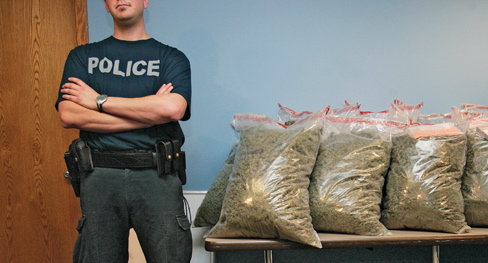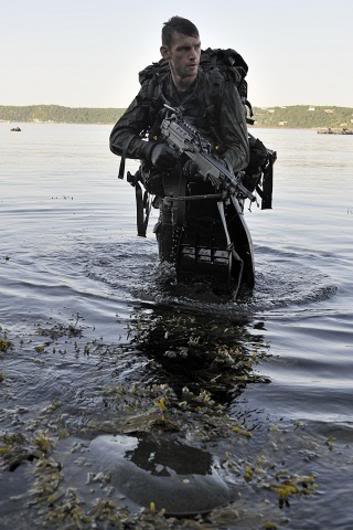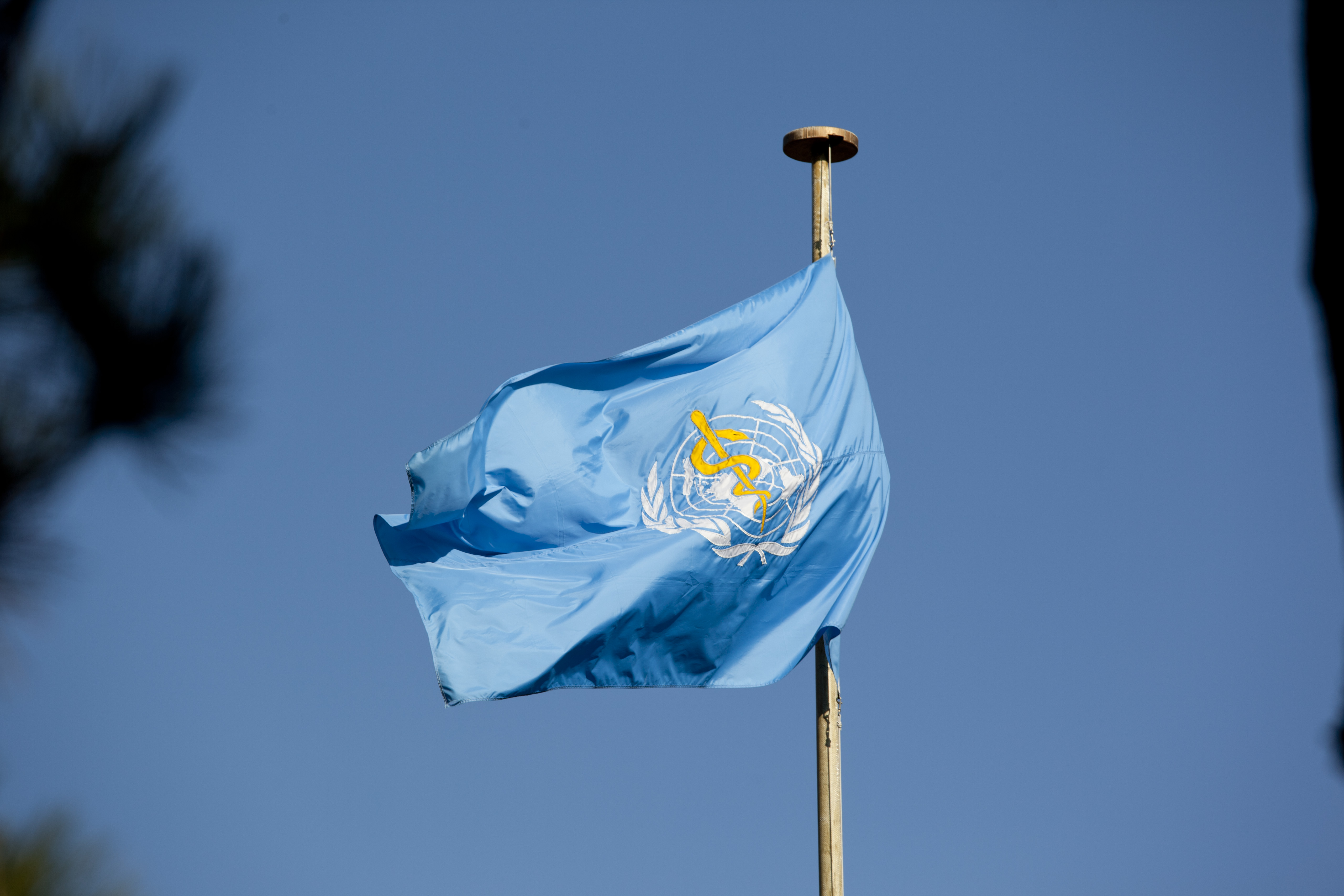In 2007 Canadian Prime Minister Stephen Harper introduced his signature foreign policy initiative: the Americas Strategy. Harper recognized the innate interdependency of the American hemisphere and thus committed the Canadian government to improving and strengthening its political and economic relations with the countries of Latin America and the Caribbean. Alongside the direct investments and free trade agreements signed with numerous Latin American countries, the Americas Strategy includes improving transnational security relations. To protect its economic interests, Canada has been drawn into the largest security issue of the Latin America and the Caribbean: the war on drugs.
The war on drugs refers to the campaign that was begun by the US to reduce illegal drug trade by providing military aid to the Latin American and the Caribbean countries. Nevertheless, Canada’s approach to military engagement is different from its US counterpart. It focuses largely on institutional building.
In January 2013, Canada responded to a request made by Belize to help in containing the spillover of the Mexican drug war. Canada began providing non-lethal equipment for the Belize security apparatus and collaborated in their strategic planning and training soldiers. In Guatemala, Canada contributed state-of-the-art forensic equipment and provides training for soldiers. Moreover, Canada has deployed military surveillance aircraft, naval vessels and submarines in the Caribbean and East Pacific to augment American led interdiction missions.
Meanwhile, opinions’ regarding the war on drugs is becoming narrower in recent years. The Global Commission on Drug Policy labeled the “war on drugs” as a failure with ruinous social and humanitarian costs in its June 2011 report. The Organization of American States recently released their account of the war on drugs in May of this year, which offered four alternative strategies to tackle the issue of drugs, with one of them being the total abandoning of years of war on drugs.
In addition, during the 6th Americas Summit in Colombia in 2012, Stephen Harper conceded, “the current approach is not working,” in the war curbing drugs. However, his immediate assertion was that it isn’t clear what should be done, though any policy change seems unlikely to happen soon.
The unpopularity of the war on drugs has even begun to seep into the United States. Though, still reluctant to change its federal policy on drugs, two US states, Washington and Colorado, legalized marijuana use in 2012. Other Latin American nations, however, were not waiting. On July 31,2013, lawmakers in Uruguay passed a bill in the House of Deputies to legalize production, commercialization and distribution of marijuana. It is predicted that this bill would pass in the Senate this fall. Some Latin American countries, notably Brazil and Peru, have issued softer criticisms. They have petitioned the UN to open an international discussion on legalization of drug use and to consider new approaches to tackling drug challenges.
While the military aspects of Canada’s engagement in the war against drugs have increased, several Latin American nations are pushing to an international debate on drugs with the aim of overhauling international policies or even ending the war on drugs. Both alternatives are experiments, which could destabilize the region. The dialogue is certainly ongoing but the consensus that will be reached is unclear. The next Summit of the Americas is scheduled to take place in Panama in 2015. This offers Canada the opportunity to reconsider its international drug initiatives.




